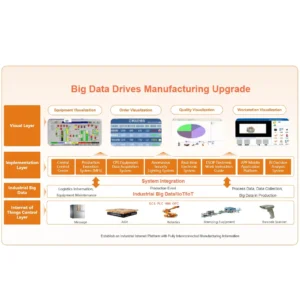
Sterilization Cabinet Flexible Smart Factory Solution
We have successfully developed a fully automated flexible stamping and assembly production line tailored for large-scale personalized customization of disinfection cabinets.
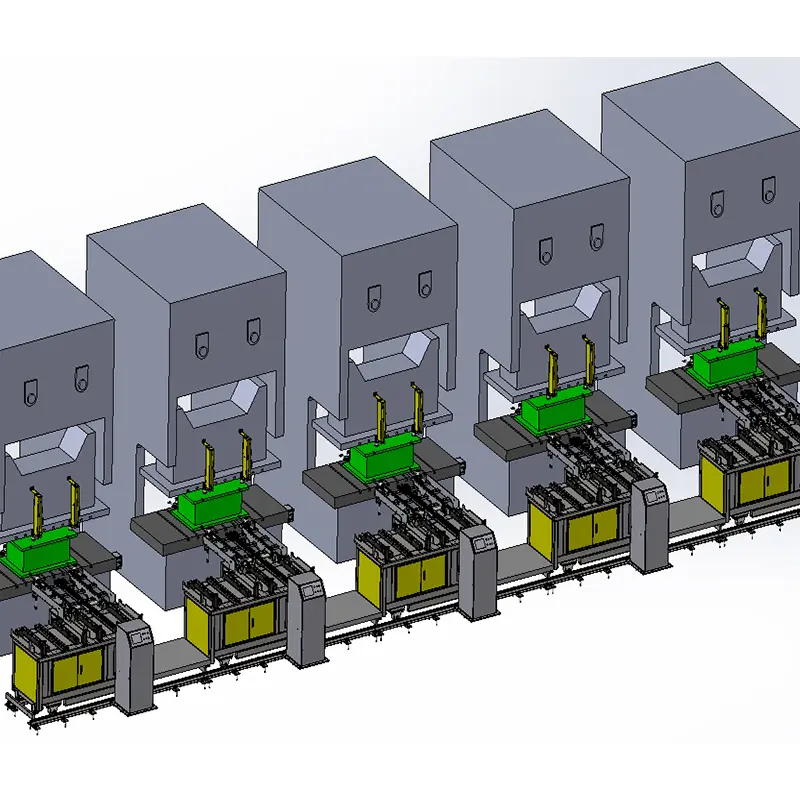
This project focuses on integrated kitchen appliances, achieving not only rapid and stable stamping loading and unloading through robots but also flexible production lines via mold-changing trolleys. It reduces equipment investment, conserves production space, and resolves issues of time-consuming and labor-intensive manual mold changes.
By integrating a multi-functional servo feeder at the first station for dual-material detection and oil application, combined with high-payload robots for loading and unloading in the middle, we have automated the general stamping process for integrated kitchen appliances. Simultaneously, we have developed a rapid mold-changing system that is highly synchronized and integrated with the production line, including intelligent rapid mold-changing trolleys, quick-change robot arms, and fixture quick-change devices. This system enhances the compatibility and versatility of the production line, significantly reduces equipment investment, meets the demand for flexible and rapid model changes, and greatly improves equipment utilization.
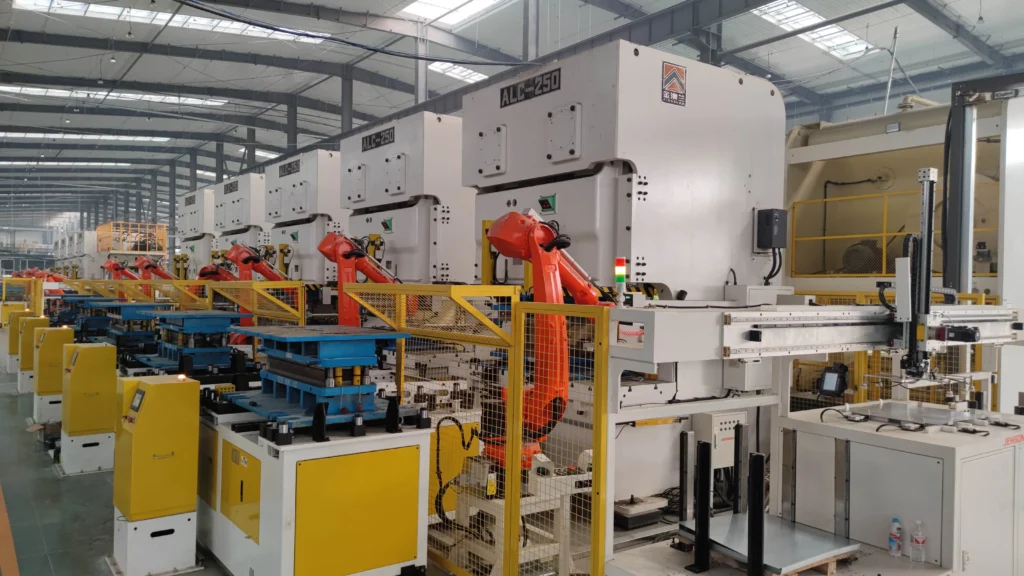
The mold-changing trolley is developed through the integration of dual-station trolleys, mold push-pull systems, flip transition tables, ground tracks, mold lifters, upper/lower clamping devices, and electric control systems. Meanwhile, the robot arms and fixtures employ quick-change devices, enabling rapid insertion and extraction. These elements are synchronously controlled with the mold-changing trolley and robot production line through a master control console.
Utilizing a central control system that coordinates servo sheet feeders, stamping robots, and rapid mold-changing trolleys, and equipped with Ethernet interfaces, this technology supports EtherCAT and ModbusTCP bidirectional communication protocols. It connects the robot production line and the entire workshop to enterprise information systems such as MES, ERP, and PLM, enabling digitalized and intelligent production in the Industry 4.0 environment for integrated kitchen appliances.

We have successfully developed a fully automated flexible stamping and assembly production line tailored for large-scale personalized customization of disinfection cabinets.
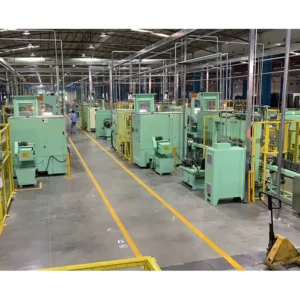
Leveraging our company’s full industrial ecosystem, we have led to the development of a highly intelligent, automated, and flexible production line.
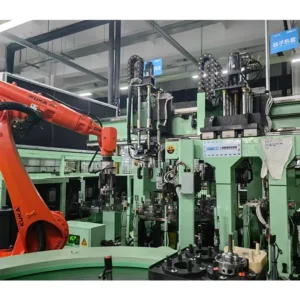
This project realizes the highly automated and flexible production processes for the thermal fitting of compressor stators and housings, the press-fitting assembly of rotors and pump bodies, as well as online inspection during pump assembly.
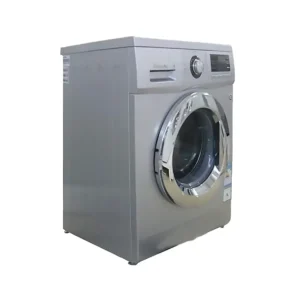
This solution facilitates a fully automated production workflow, encompassing automatic feeding of raw materials for washing machine cabinets, stretching, stamping, waste collection (including scraps), riveting, and stacking.
La société Kaishuo Technology a été créée en 2008 et a depuis développé une structure industrielle à quatre pôles comprenant la robotique et les équipements d'automatisation, les nouvelles énergies, les moules de précision pour le matériel et les moules d'injection de précision.

Copyright © 2025 Kaishuo Technology